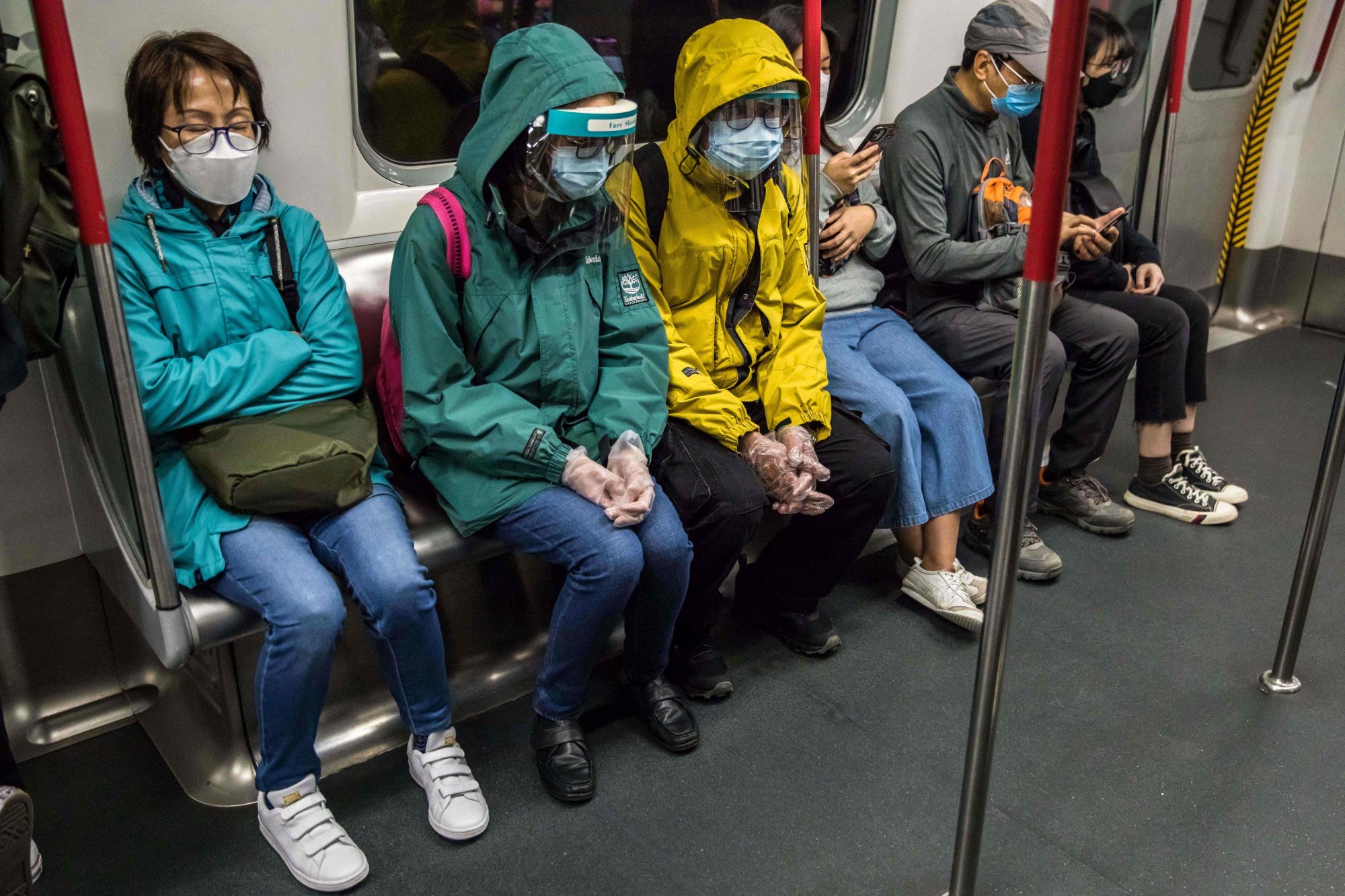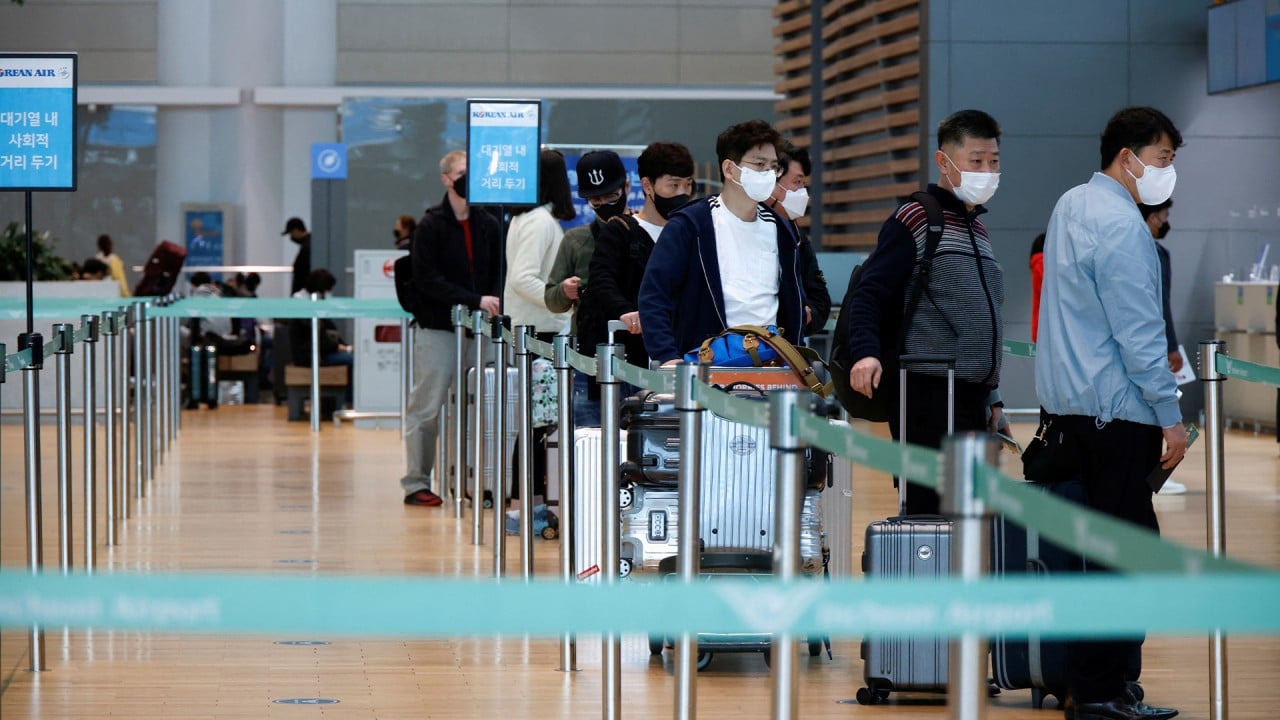
For those dreaming of international travel, Hong Kong now has little to offer
- Those drawn to Hong Kong by the lure of easy travel now find themselves at a crossroads. When government policy is guided neither by scientific nor economic sense, it is impossible to know when pre-Covid mobility will return. Is it time to seek more travel-friendly places?
Hong Kong is surely one of the best-positioned places on Earth for someone with travel lust to live. In less than a day, almost any part of the world can be reached by air, often without requiring a stopover. For someone on the verge of retiring and with plans to spent weeks and months getting to know cities of dreams in depth, it is an ideal base.
Yet here I am, wondering if I should stay or go, trying to work out if restrictions the government claims are about keeping the Covid-19 pandemic out are here to stay or will be tossed aside when a great enlightenment strikes.
How many people in Hong Kong have had the disease isn’t known. Officially, it’s nearly 1.2 million, but with rapid antigen testing now an accepted way to determine, authorities aren’t privy to what’s really happening. We all know of people who self-tested positive and out of worry for the consequences, kept it to themselves, their family and friends, and stayed at home until negative.

It can’t be denied that Covid-19 is constantly mutating and one of the variants could become even deadlier than Delta or of greater transmissibility than Omicron. But to think in these terms when people’s lives and livelihoods and in my selfish case, future, are involved is akin to refusing to get into a vehicle for fear of having an accident.
The tough rules and restrictions imposed on incoming flights at Hong Kong International Airport for the past two years to keep potential virus-carriers out has reduced operations at one of the world’s finest and globally best-connected hubs to that of a second-string city in a developing country.
About 10,000 passenger flights arrived and left in the first three months of the year, an average of 111 a day. Covid has had a major impact on global travel, but Hong Kong’s rules have gone further, permitting only Hongkongers to land and requiring one week of quarantine on arrival.
The airport has enormous capacity. In 2019, before the pandemic struck and a third runway opened, it averaged more than 1,100 daily flights to about 220 destinations with 120 carriers. That year, the aviation analytics company OAG placed it 10th on its “megahubs” international index, a ranking of connectivity to other places.
It is one of the reasons I chose to live in Hong Kong and, as a result, have been able to effortlessly travel around Asia and the world. When those golden times will return can’t be guessed at given the Hong Kong government’s refusal to articulate what is required for travel to return to pre-coronavirus times.
Many other places have moved on and decided to live with the disease. That isn’t likely to happen in any part of China soon, control being an important part of governance, but I can at least hope that the importance of travel to economic recovery is recognised. With advancing age, I’ve got my own reasons; a clock is ticking and I want to enjoy retirement to the fullest. Like others of my vintage I’ve spoken to, if there’s no change in the coming months, I’m deserting for more travel-friendly places.
Peter Kammerer is a senior writer at the Post


